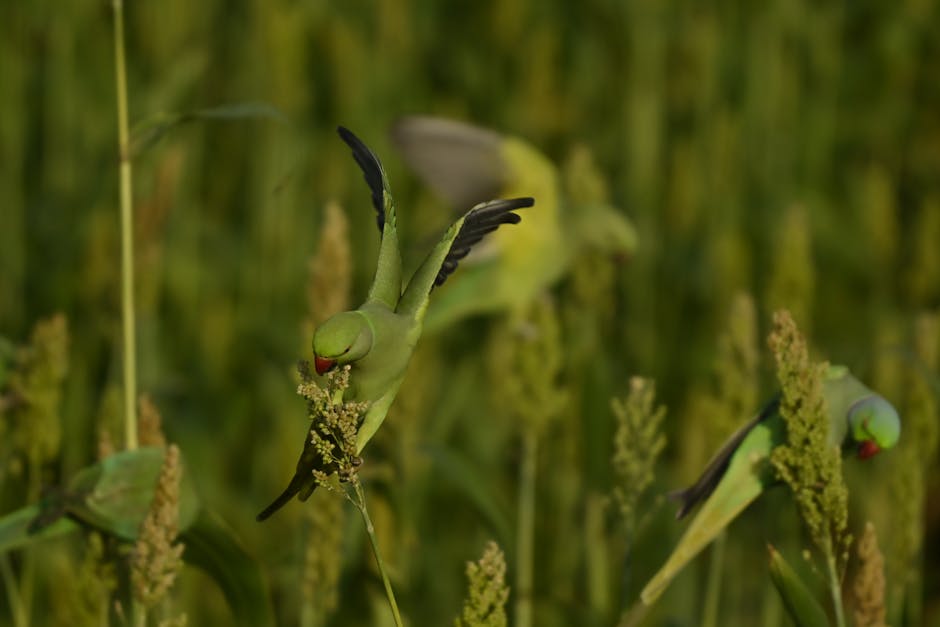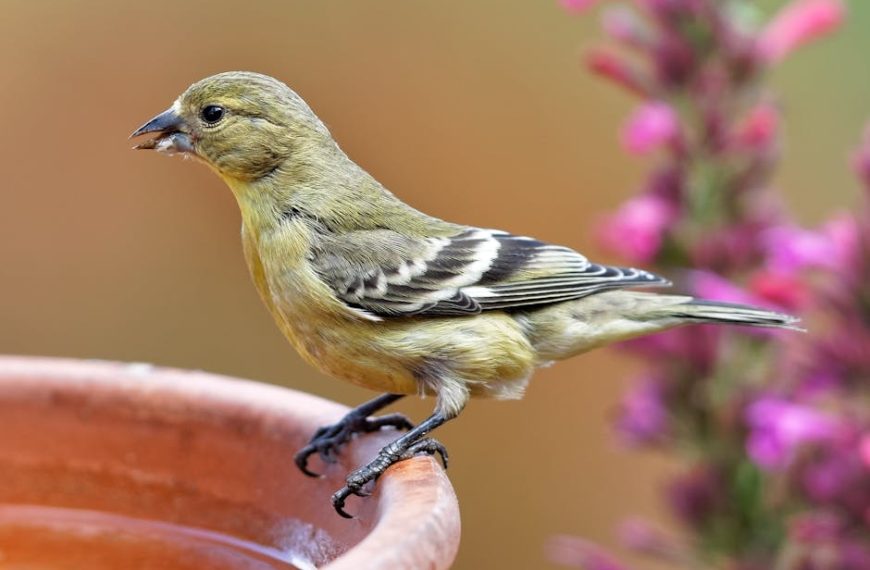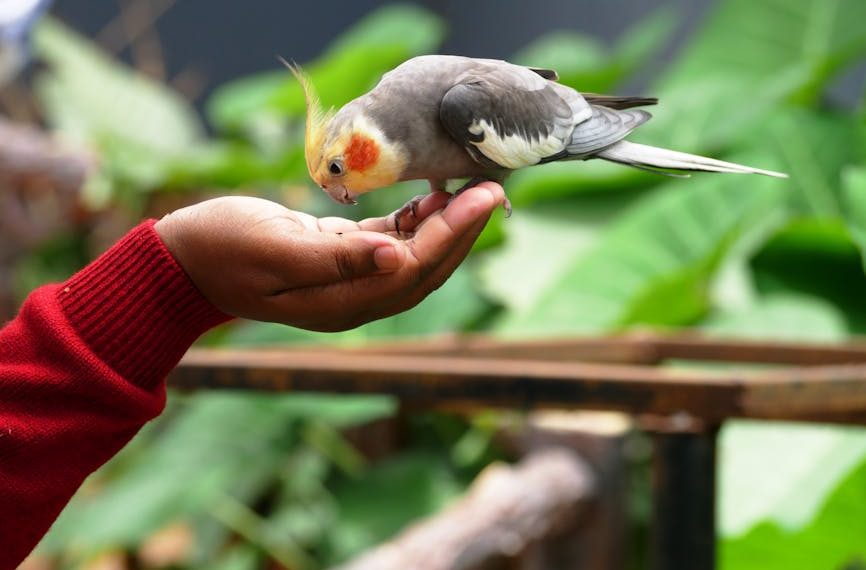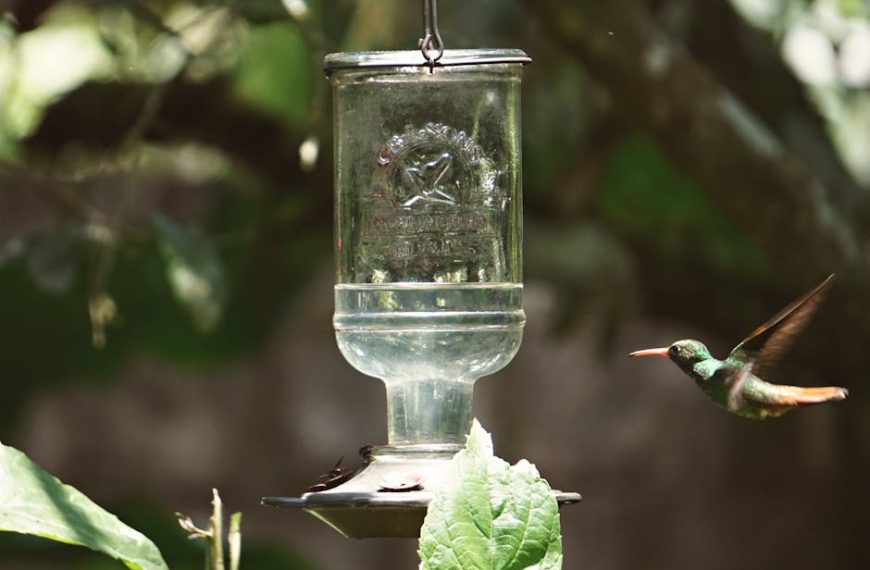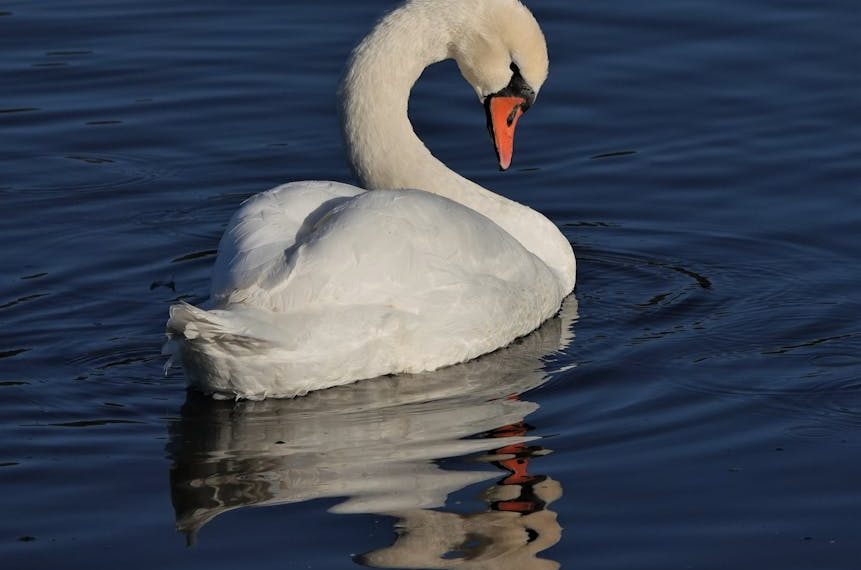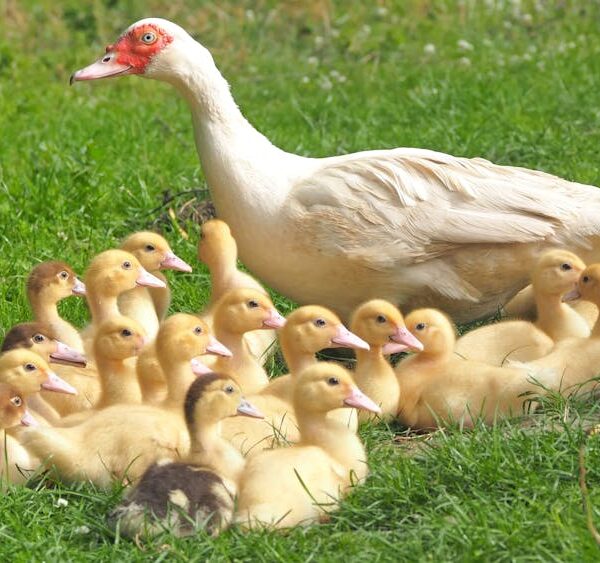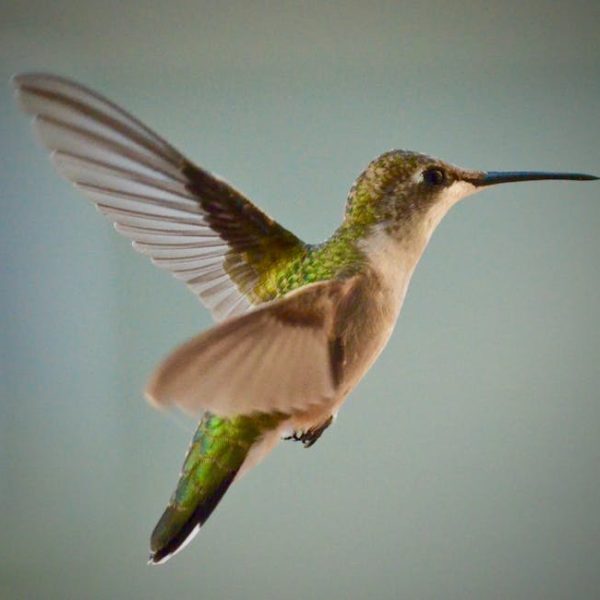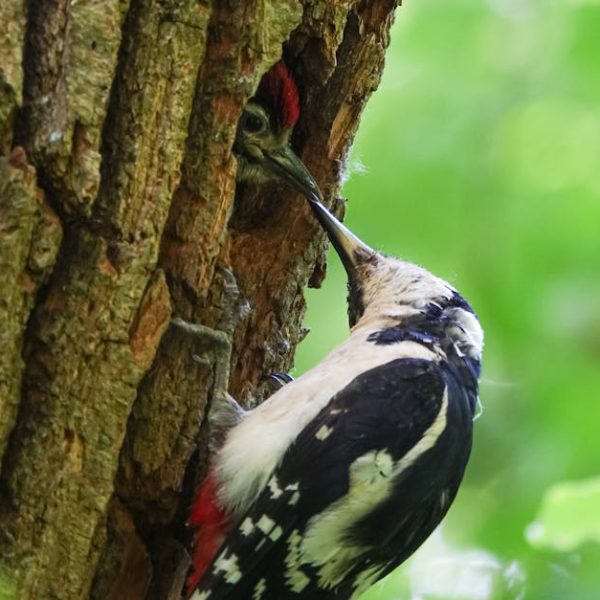Parakeets, with their bright plumage and sociable demeanor, hold a special place in the hearts of pet owners and bird enthusiasts around the globe. How long these charming feathered friends live depends on numerous factors, including whether they are in their natural habitats or cared for as pets, along with individual health and genetic considerations. In this comprehensive guide, we’ll examine these elements in greater detail and provide useful insights to extend the lifespan of your chirpy mate.
Understanding Parakeet Lifespan in the Wild
In their natural habitats, parakeets, typically budgerigars, ace survival against predators and a harsh environment. Such circumstances mean their lifespan averages around 4-8 years. Variances depend on factors such as availability of food and presence of predators.
Best Practices:
- Use binoculars or telephoto lenses to observe parakeets without disturbing their activities.
- Note their interactions with other birds and document behavioural patterns for better understanding.
- Always respect the parakeet’s space and avoid any actions that could stress these birds or disrupt their habitat.
Parakeets are closely related to the parrot family, which consists of several species that have significantly different lifespans in the wild. For instance, Macaws can live up to 50 years, while cockatoos often reach 70 years.
Factors Affecting the Lifespan of Parakeets
Several variables influence parakeets’ longevity, including diet, habitat, predation, and healthcare. For instance, a balanced diet with an abundance of fruits, vegetables, and grains can contribute to a healthy, extended life.
Checklist:
- Regularly change and clean feeding dishes
- Offer a variety of foods for balanced nourishment.
- Clean and disinfect the bird’s perches and cage to maintain hygiene.
- Regularly monitor the parakeet’s behaviour for any signs of distress or illness.
In terms of habitat, parakeets thrive in environments where they can socialize, exercise, and engage in mental stimulation. Exposure to predators can significantly reduce their lifespan.
Domestic Parakeets: Lifespan and Care
In a loving home, where potential threats are close to none, parakeets can live anywhere from 10 to 20 years or more, particularly if they receive comprehensive care. The key to longevity for domestic parakeets involves a quality diet, regular playful stimulation, social interaction, and preventive healthcare.
Pro Tips:
- Provide as large a cage as possible, complete with various toys for mental and physical stimulation.
- Socialize with your parakeet daily for emotional health
- Regular visits to a vet experienced in avian health can identify potential health issues early.
Comparatively, the average lifespan of domestic parakeets varies slightly between geographical locations, potentially due to differences in pet care knowledge, accessibility to avian vets, and the quality of pet supplies available.
Common Health Issues and Preventive Measures
Regardless of their environment, parakeets face several health threats that potentially impact their lifespan. Common issues include nutritional deficiencies, infections, parasites, and respiratory problems. Fortunately, many of these issues can be avoided, or effectively managed, with the right care and preventive measures.
List:
- Regularly scheduled check-ups are crucial in early disease detection and prevention.
- Vaccinations can protect against common infections and diseases.
- Anti-parasite treatments help in fending off harmful internal and external parasites.
- Providing the correct diet can prevent nutritional deficiencies.
Best Practices:
- Always monitor your parakeet’s feeding habits, weight, feather condition, and behaviour for any changes.
- Isolate a sick bird immediately and seek veterinary advice.
- Research common parakeet ailments to better understand and identify potential health issues.
Breeding Parakeets and Lifespan Considerations
Parakeet lifespan considerations become even more crucial when it comes to breeding, as the health and longevity of the offspring are directly affected by the health, genetics, and age of the breeding pair.
Best Practices:
- Only breed parakeets that are in good health.
- Ensure breeding parakeets are of appropriate age, typically between one and three years-old.
- Take note of any genetic issues in the breeding pair that could potentially be passed on to the offspring.
Checklist:
- Have a proper nesting box.
- Balanced nutrition is crucial during the mating period.
- Have the breeding pair checked by a vet to ensure they are free from health issues.
In conclusion, while the lifespan of parakeets depends on numerous factors, many of these — from diet to veterinary care — are within pet-owners’ control. With the right knowledge, commitment, and heart, you can help your parakeet to lead not only a long but also a happy and fulfilled life. After all, isn’t that what every pet parent wishes for their feathered, scaly, or furry companions?
Key Takeaway:
- Parakeets live longer in domestic settings, usually between 10 to 20 years, compared to the wild, where they average around 4-8 years.
- The primary factors influencing their lifespan include diet, habitat, social interaction, genetics, and healthcare.
- Appropriate care significantly contributes to the lifespan of these birds, both in domestic and natural environments.
- Common threats to parakeets’ health include nutritional deficiencies, infections, parasites, and respiratory problems. Implementing preventive measures can effectively dodge or manage these issues.
- Breeding plays a critical role in the lifespan of offspring, with a focus on responsible practices, including the health-conscious selection of breeding pairs.
Rest assured that by providing comprehensive care, maintaining a balanced diet, and observing regular healthcare practices, you can significantly influence the lifespan of your cherished parakeet. With these strategies, your vibrant feathered friend can live a long, healthy, and fulfilled life.
FAQs
Q: How can I extend the lifespan of my domestic parakeet?
A: Ensuring a balanced diet, maintaining cleanliness, providing enough space for exercise, mental stimulation, and a comfortable environment, along with regular veterinary checkups, can significantly enhance your parakeet’s lifespan.
Q: At what age can parakeets start breeding?
A: Parakeets are usually ready to breed between one and three years old. However, their overall health should also be considered before they start breeding.
Q: What measures can I adopt to prevent my parakeet from common health issues?
A: Regular vet check-ups, vaccinations, and anti-parasite treatments, along with a proper diet, can help prevent common health challenges.
Q: Can the geographic location of a domestic parakeet affect its lifespan?
A: Yes, geographic location can influence a parakeet’s lifespan due to varying access to specialized veterinary care, quality of available pet supplies, and general pet care knowledge.
Q: What precautions should I take when observing parakeets in the wild?
A: When observing parakeets in the wild, it’s crucial to respect their space and not disturb their activities. Use binoculars or telephoto lenses and avoid any actions that could stress the birds or disrupt their habitat.
Feel free to share this article with other parakeet owners or bird enthusiasts and explore other posts on our website for more insightful content related to pet care and health.
